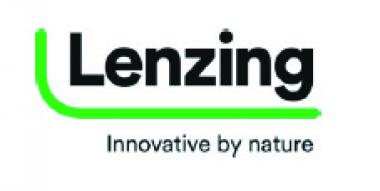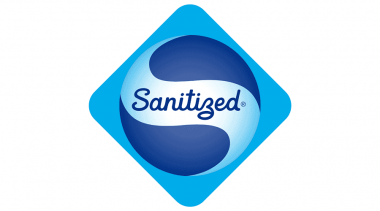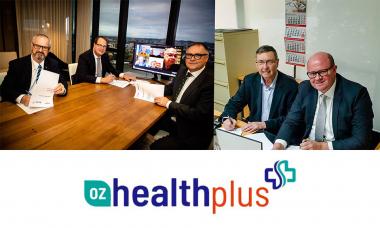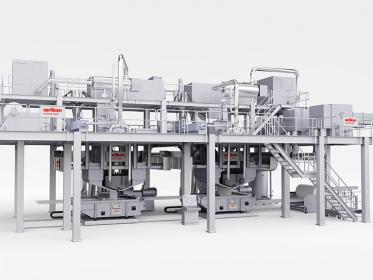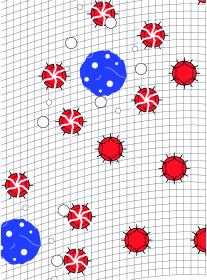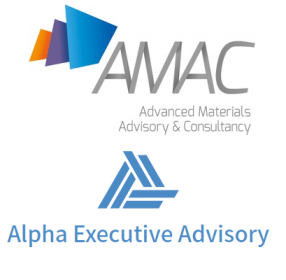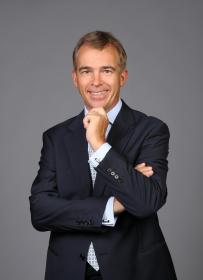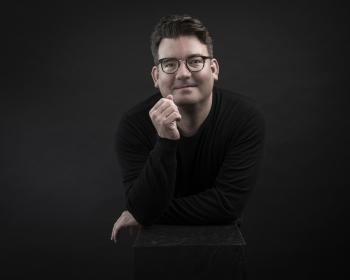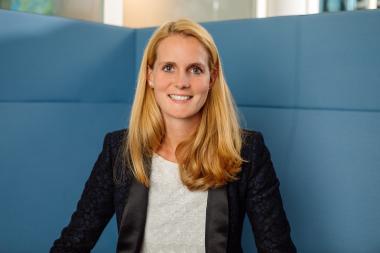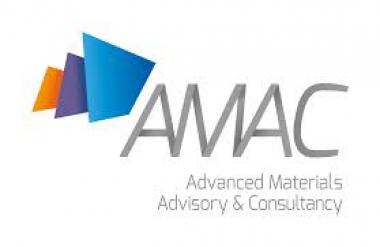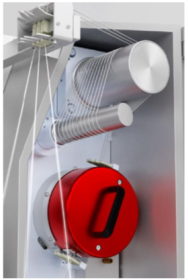Lenzing once again gold status in the sustainability rating of EcoVadis
For the third time in a row, the Lenzing Group was awarded gold status in the EcoVadis CSR rating. The assessment is further evidence that the company is one of the top performers in the field of sustainability worldwide.
Lenzing is thus one of the leading two percent of all assessed companies in its industry.
The assessment covers the four most important CSR (Corporate Social Responsibility) practices:
- environment
- fair working conditions and human rights
- ethics and sustainable procurement
“This award makes us very proud and encourages us to continue on our path to becoming a provider of environmentally friendly specialty fibers. At Lenzing, we look beyond fibers and take responsibility for our children and grandchildren by
standing up resolutely against the shortcomings of our time. This attitude is part of our strategic principles and we will continue to work hard to make a sustainable contribution to the environment and society”, says Stefan Doboczky, CEO of the Lenzing Group.
Lenzing’s ambitious climate target represents an important component of the company’s strategy and the responsibility towards future generations. In the 2019 financial year, Lenzing became the world’s first producer of wood-based cellulosic fibers to strategically commit to a climate-neutral production. This vision is to be put into practice by 2050. By 2030, the company aims to achieve an interim goal of reducing emissions by 50 percent per ton of product compared to 2017.
In 2019, Lenzing was once again rated number one in the world in the “Hot Button Report” of the Canadian NGO Canopy, another highly regarded ranking. In this ranking, Canopy grades the world’s 32 largest producers of wood-based fibers with respect to their success in achieving sustainable wood and pulp sourcing.
Lenzing AG


